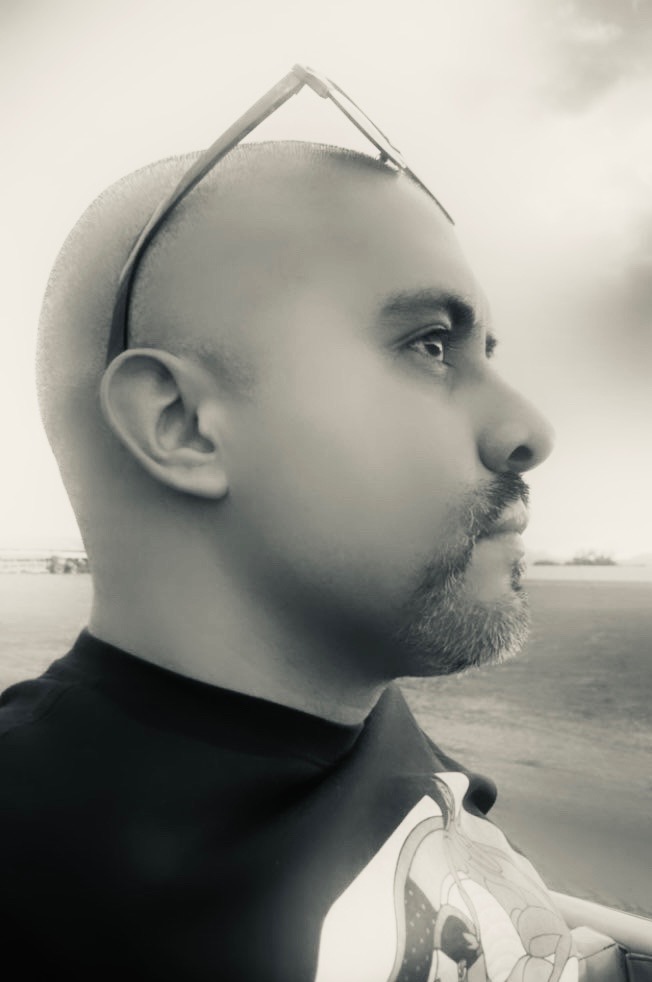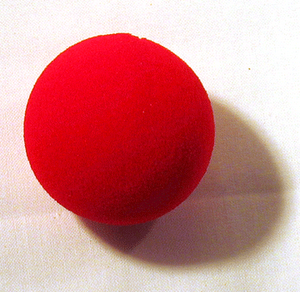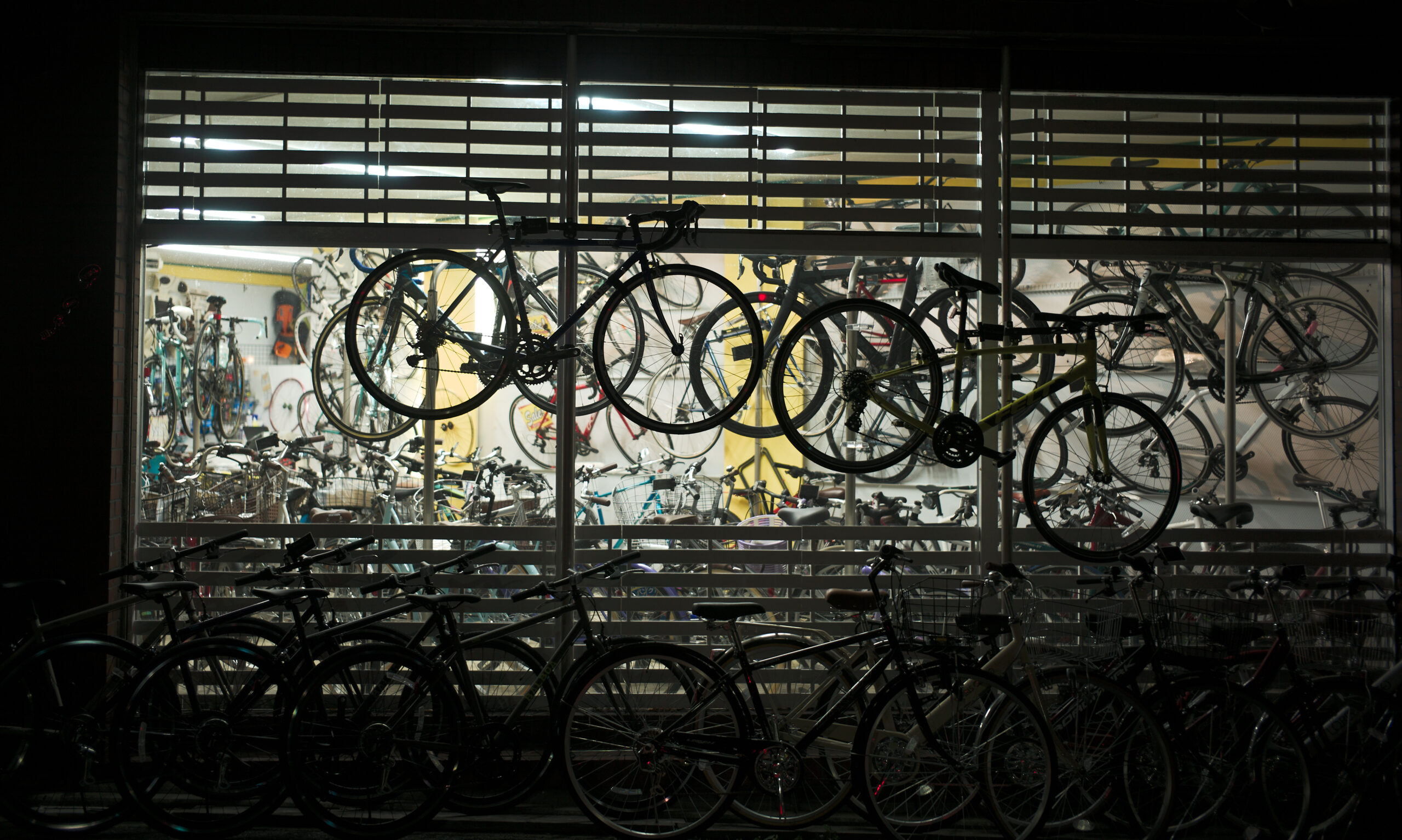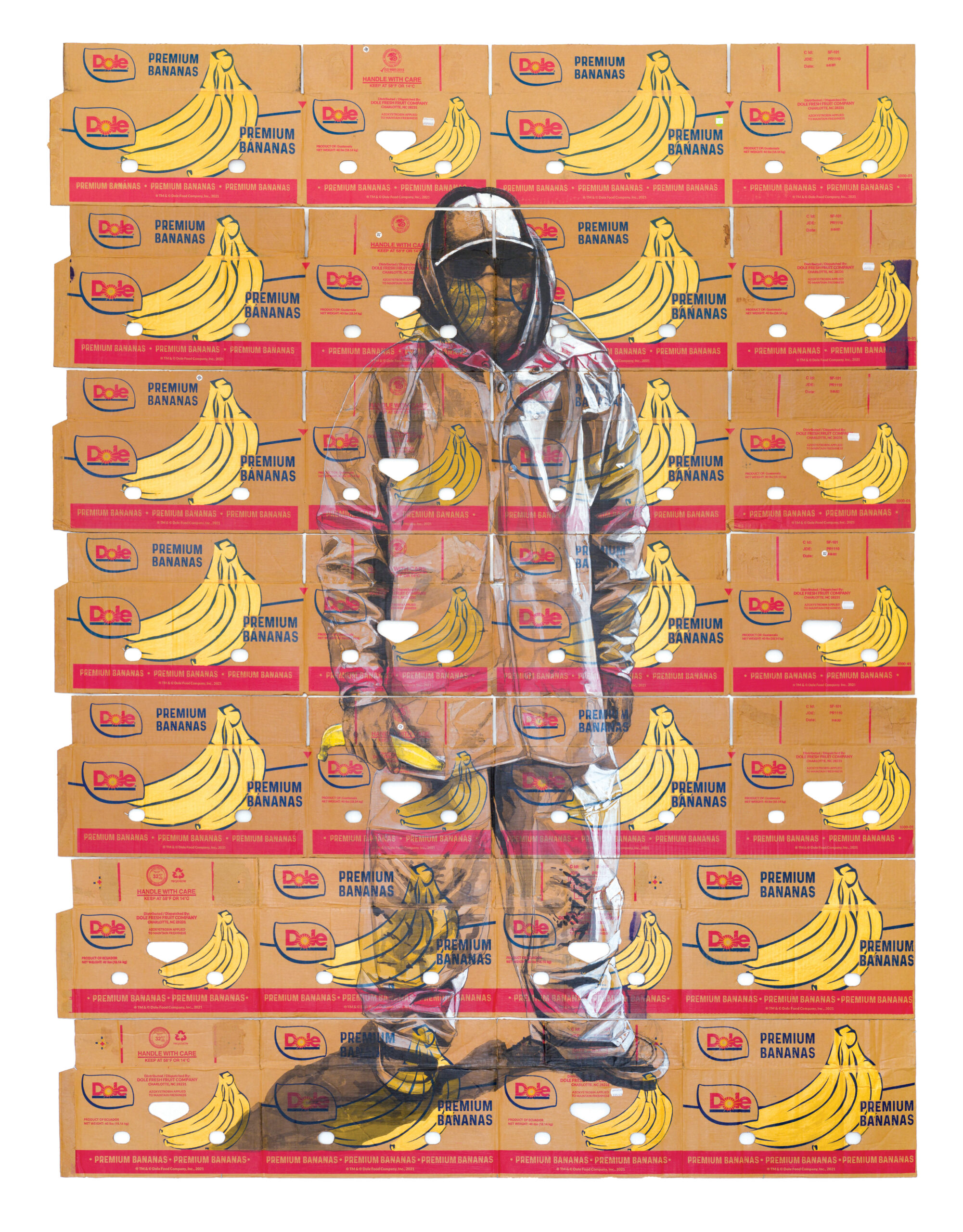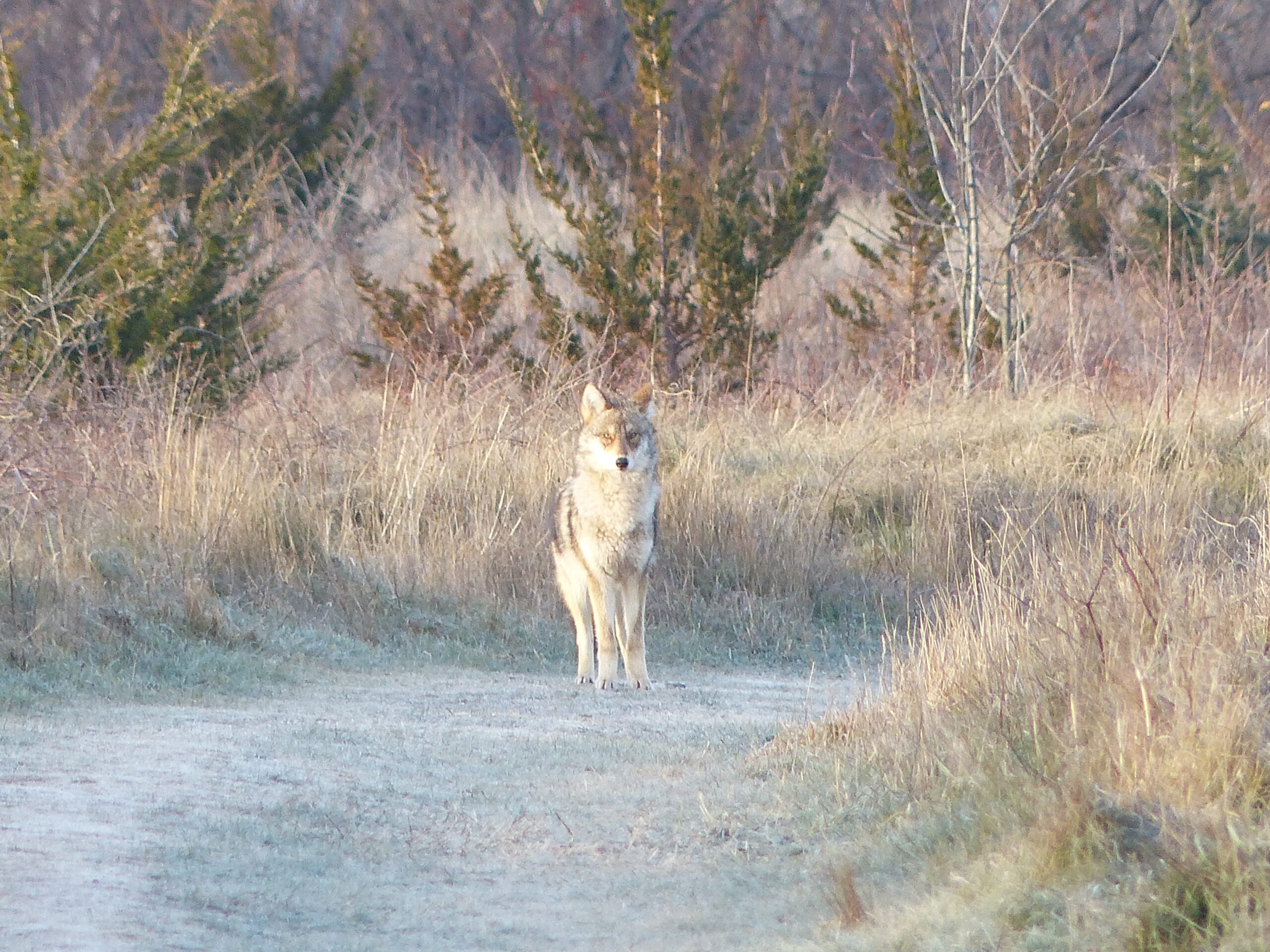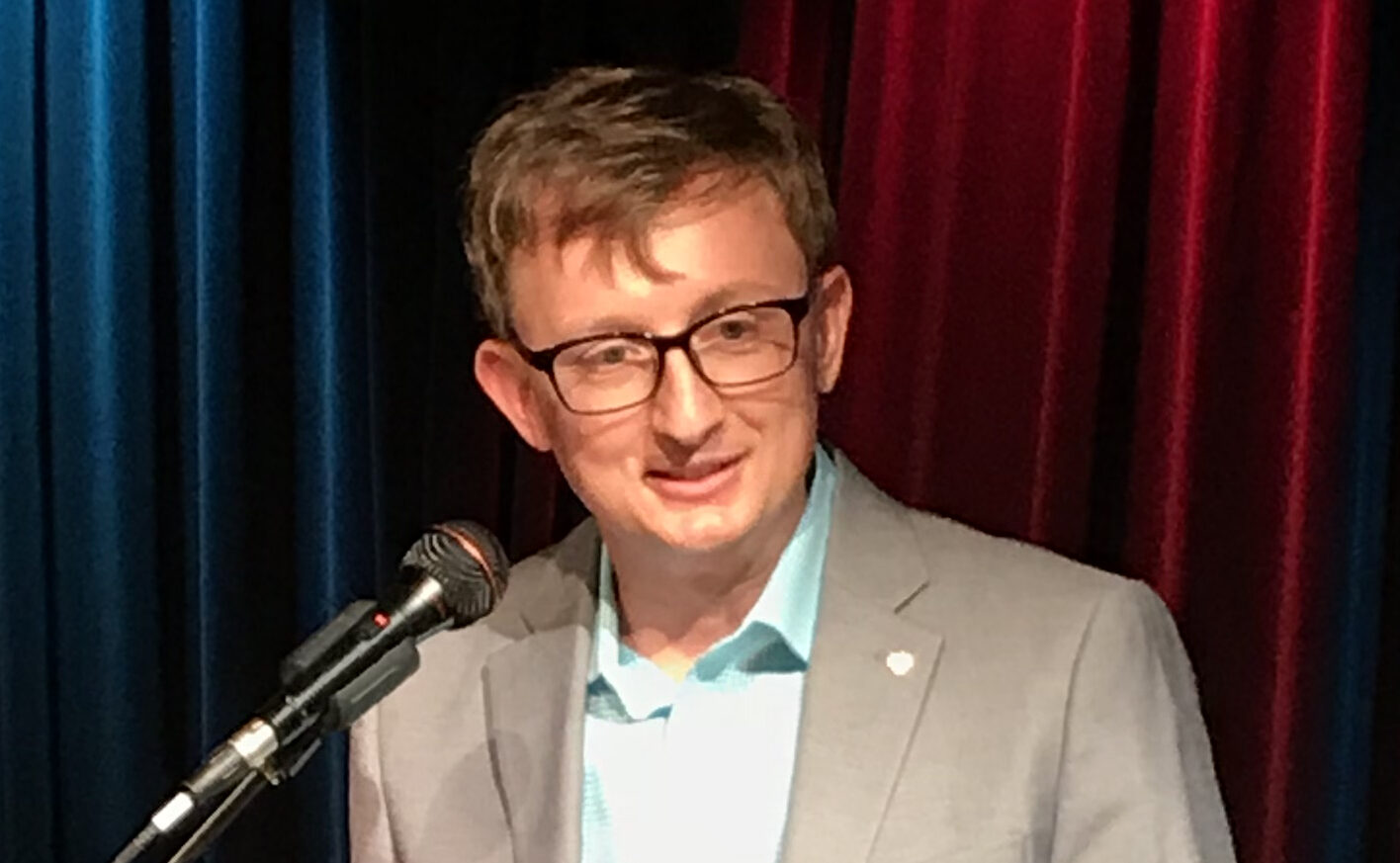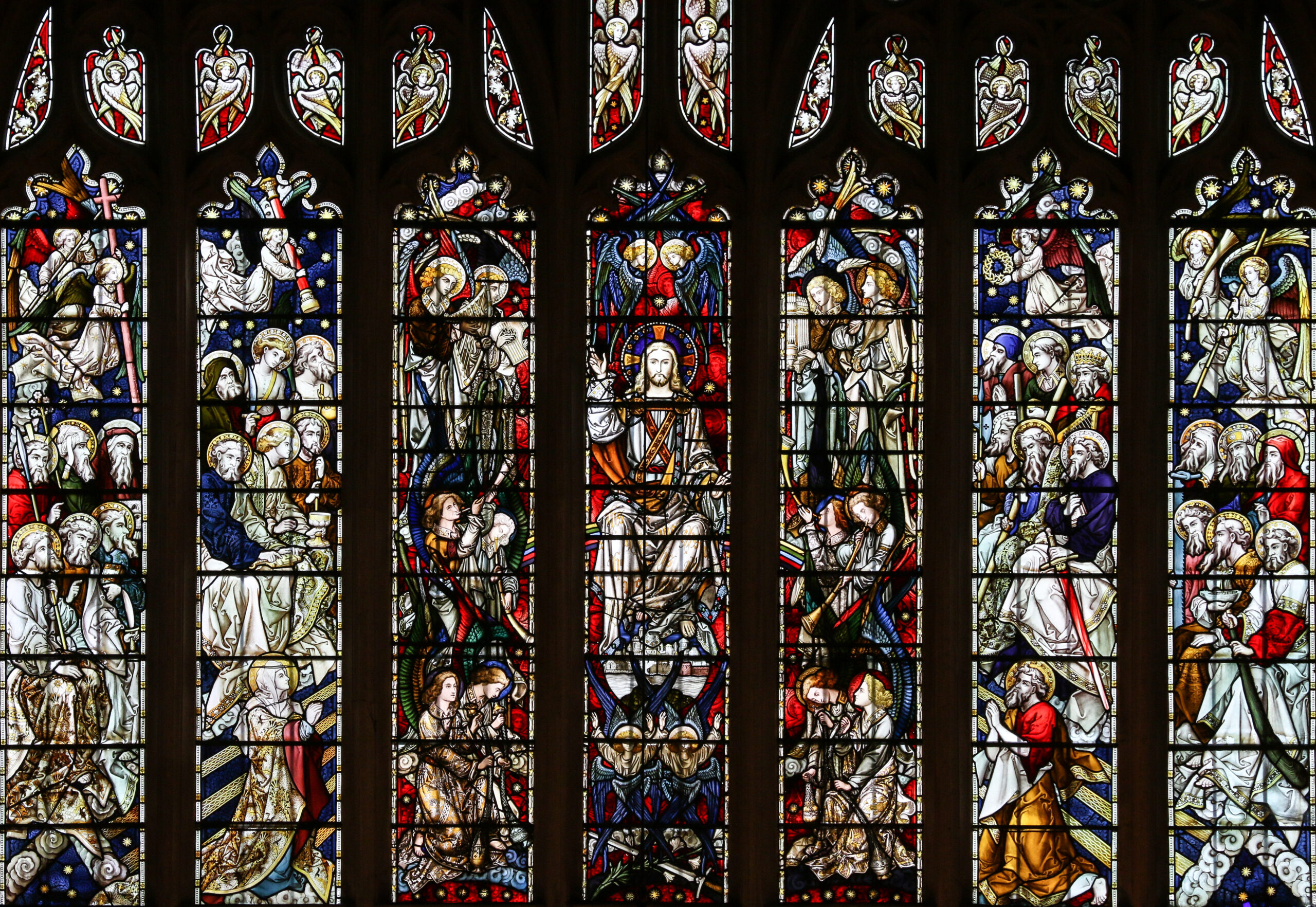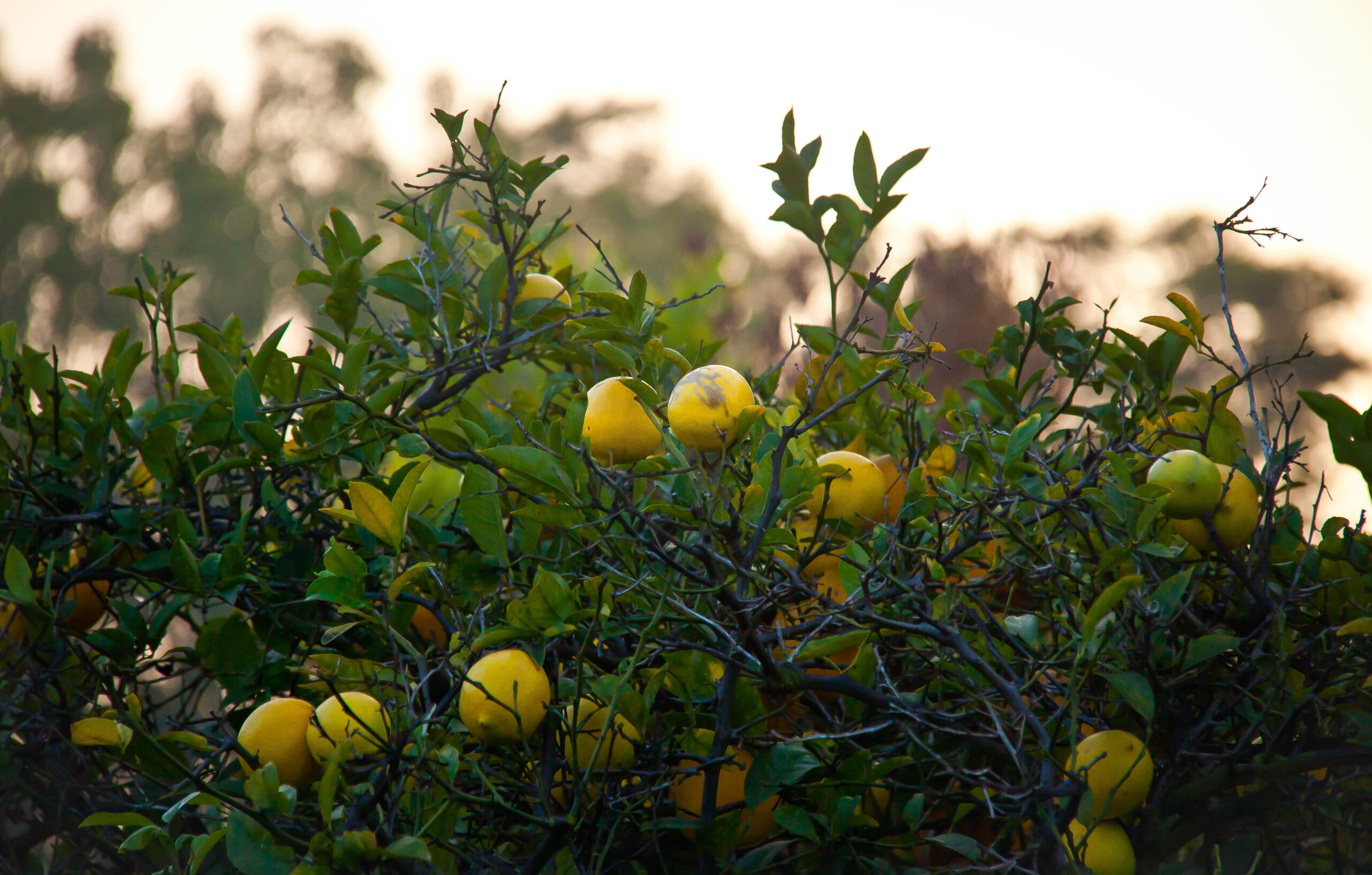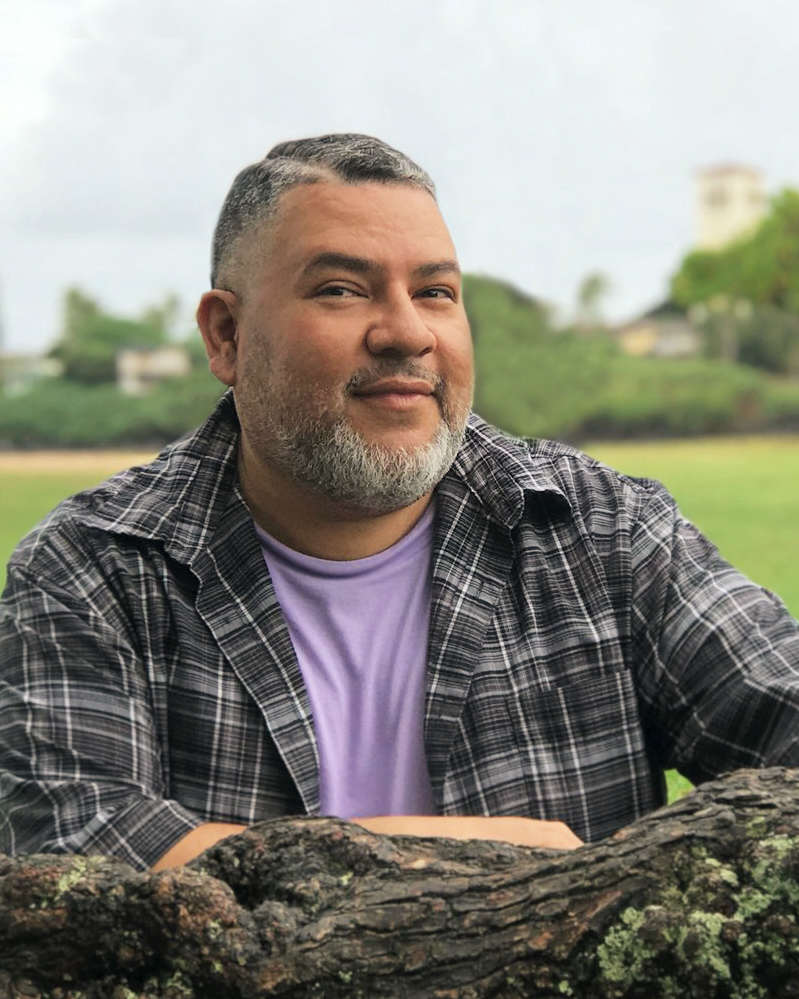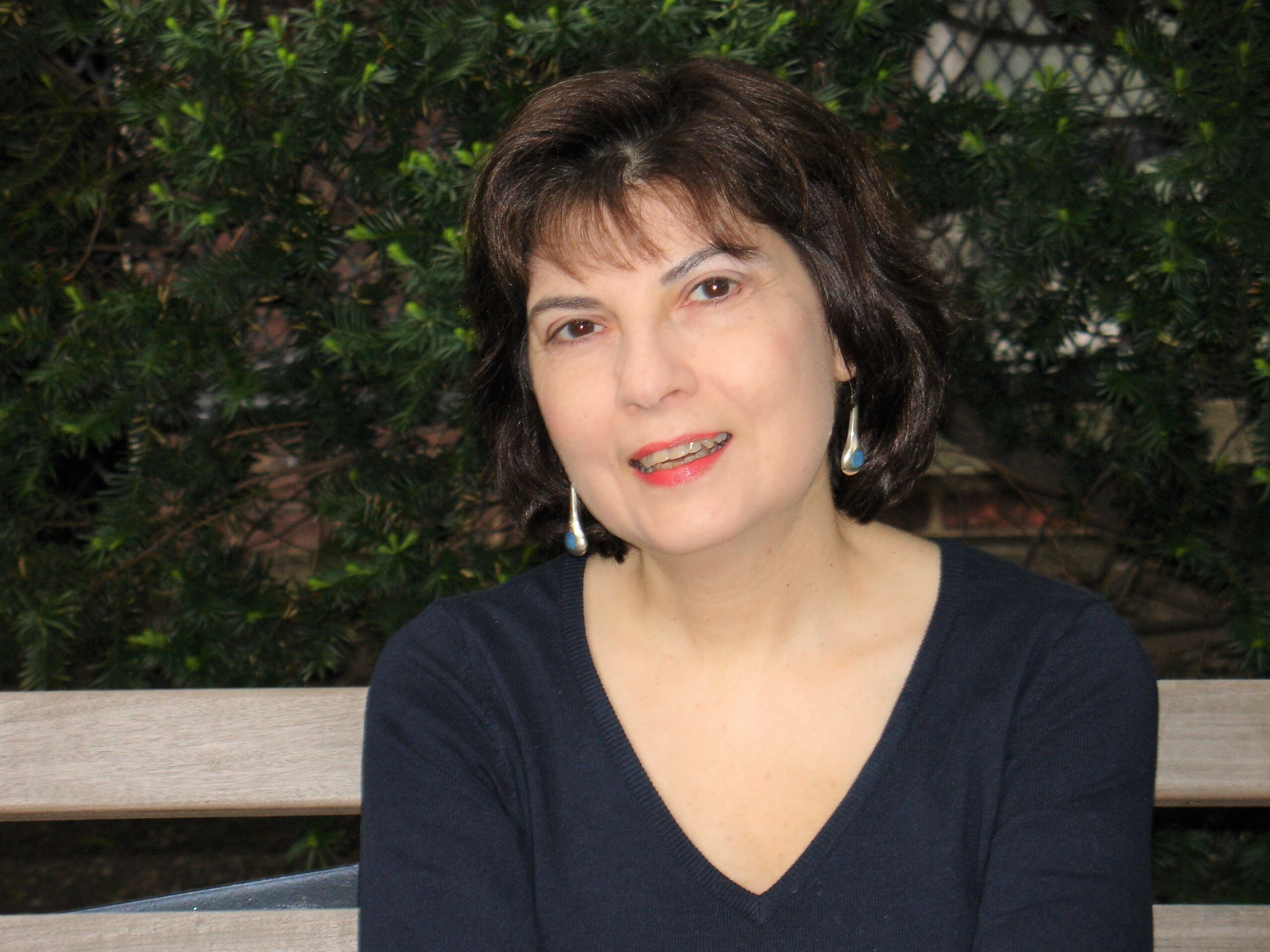Artwork and introduction by NARSISO MARTINEZ
 Tender Leaves (2021). Ink, charcoal, and gold leaf on cardboard produce box (52.50 x 62.50 in). Photo by Yubo Dong.
Tender Leaves (2021). Ink, charcoal, and gold leaf on cardboard produce box (52.50 x 62.50 in). Photo by Yubo Dong.
Introduction
Through my art, I intend to highlight the difficult reality faced by American farmworkers, a workforce essential to American life consisting of men and women almost wholly of insecure immigration status. This status makes them vulnerable to predatory practices from agribusiness. I am a former farmworker myself; after immigrating to the United States from a small community outside of Oaxaca, Mexico, I worked nine seasons in the fields of Eastern Washington state to pay for my undergraduate and graduate degrees.
I seek to honor farmworkers and reveal the difficult working conditions they face. Their portraits and scenes from the fields are executed on found produce boxes. When I nest images of farmworkers amidst the colorful brand names and illustrations of agricultural corporations, I hope to help the viewer make a connection, or a disconnection rather, and start creating consciousness about the people that farm their food.
